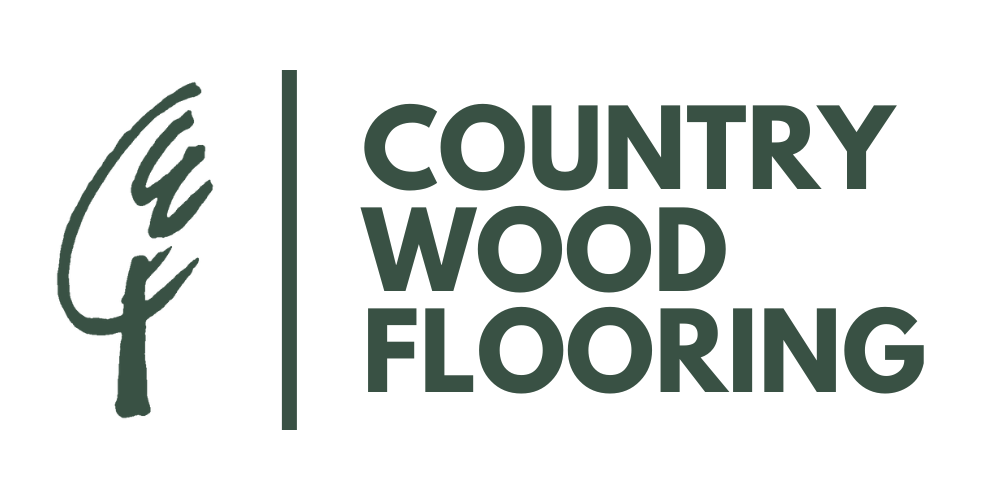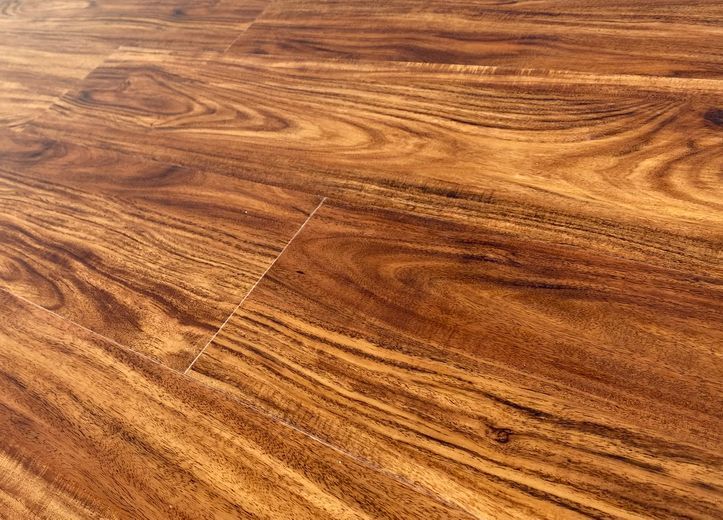Waterproof Flooring
Waterproof flooring refers to flooring materials designed to withstand moisture and spills, making them ideal for high-humidity areas like kitchens, bathrooms, and basements. Unlike traditional wood flooring, waterproof options are engineered to prevent water absorption, thereby reducing the risk of mold, mildew, and warping. Common materials include luxury vinyl, laminate, tile, and engineered wood, each offering distinct benefits and aesthetics.
Benefits of Waterproof Flooring
Waterproof flooring is an excellent investment for many reasons. It provides superior durability, making it resistant to wear and tear, and is easy to clean, which is particularly beneficial for busy households. Additionally, waterproof flooring enhances the comfort level of your space and can help improve indoor air quality by reducing harmful mold and mildew. A brief comparison between waterproof and water-resistant flooring is also relevant here.
Types of Waterproof Flooring
Understanding the different types of waterproof flooring can help you make an informed decision.
- Luxury Vinyl Plank (LVP): Offers the look of hardwood combined with high durability and water resistance.
- Laminate: A cost-effective option that mimics natural wood but requires specific waterproof features.
- Ceramic & Porcelain Tile: Ideal for areas prone to moisture, with countless styles and colors available.
- Engineered Wood: Combines natural wood layers with moisture-resistant materials for an attractive but functional choice.
Installation Methods for Waterproof Flooring
Proper installation is crucial to ensure the longevity and effectiveness of your waterproof flooring. We recommend following specific guidelines based on the type of flooring being installed. Generally, acclimating materials to the room temperature before installation, ensuring a level subfloor, and using appropriate underlayment can significantly affect performance. Readers are encouraged to consider professional installation for complicated jobs.
Maintaining Your Waterproof Flooring
Routine maintenance can extend the life of your waterproof flooring. Regular cleaning with water and mild detergents is often sufficient, but you should avoid harsh chemicals that may damage the surface. Spillage should be wiped immediately, and any scratches can often be repaired using specific products designed for the flooring type.
Frequently Asked Questions
Is all vinyl flooring waterproof?
Not all vinyl flooring is entirely waterproof. It’s essential to look for products specifically labeled as "waterproof."
Can I install waterproof flooring in a basement?
Yes, waterproof flooring is an excellent choice for basements, given their susceptibility to moisture.
How does waterproof flooring compare in price?
While waterproof flooring options may be more expensive upfront, their durability and maintenance savings may prove cost-effective long-term.
Can I install waterproof flooring over existing floors?
This depends on the type of flooring and its condition. Often, waterproof flooring can be laid over existing surfaces if they are level and free of moisture.
How do I clean waterproof flooring?
Cleaning typically involves sweeping or vacuuming regularly and mopping with a damp cloth and mild cleaner.
Is waterproof flooring suitable for pets?
Yes, many waterproof flooring options are pet-friendly and resistant to scratches and stains, making them ideal for homes with animals.


